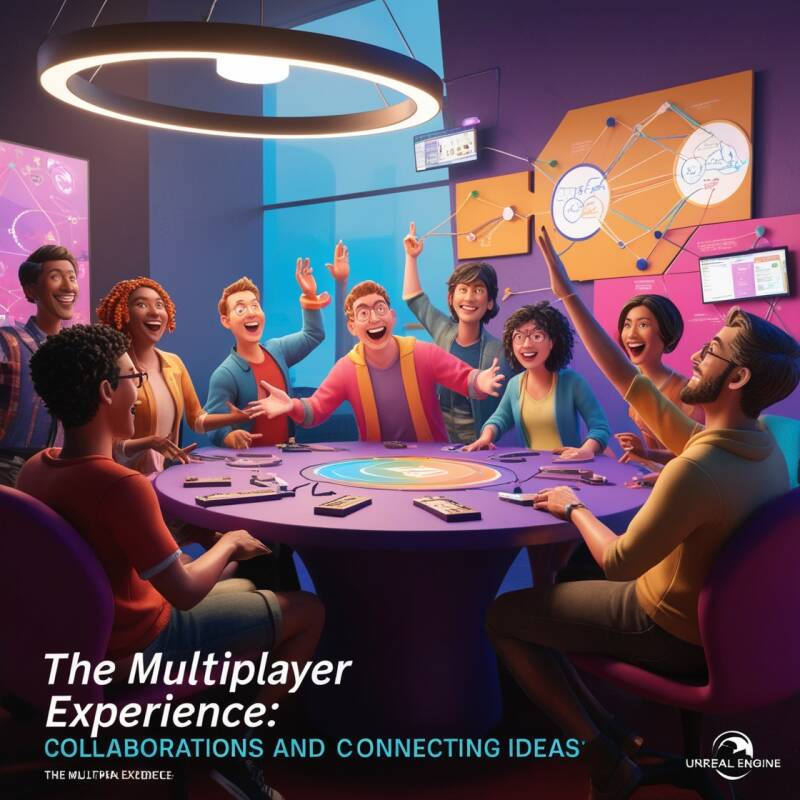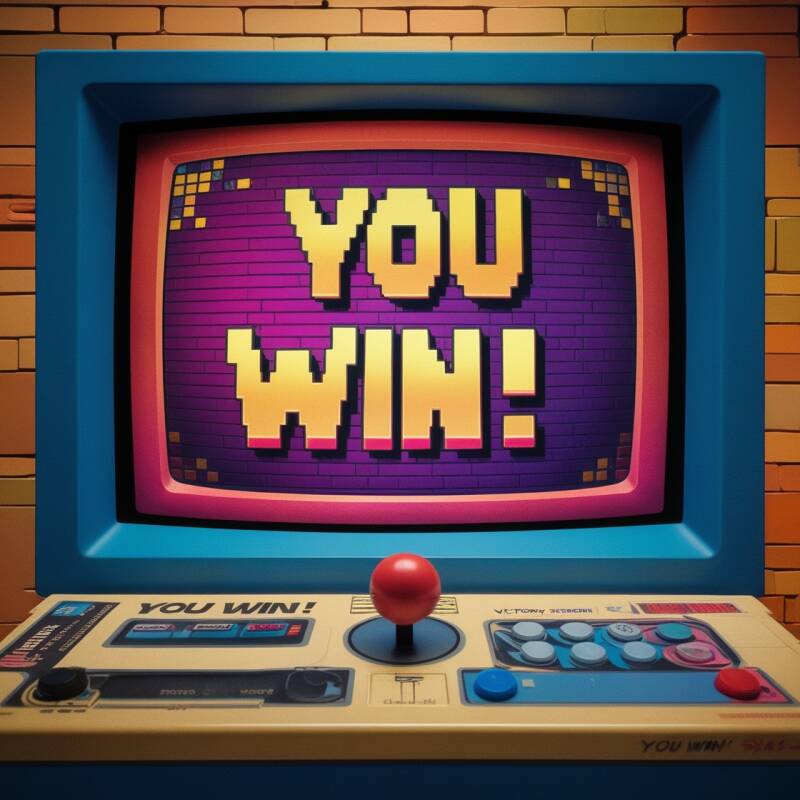
As a game design teacher, I can't help but view my educational journey through the lens of game development. These past eight weeks in courses 5315 and 5320 have felt like the final, challenging level of an epic game - intense, rewarding, and transformative. As I stand at this checkpoint, ready to face the "final boss" (our capstone project), I want to take a moment to reflect on my progress, the power-ups I've gained, and the incredible co-op team that's been by my side through thick+thin.
My ADL core learning community:
Lauren- learningin3withmrsb.com
Shaneigh - https://wyndee0924.wixsite.com/shaneighsmith
Deena- https://digitaldeena.wixsite.com
Discord Server Communities I'm actively a part of:
Unity Teach: https://discord.gg/UsAr6TqqCE
Flipside Studio:: https://discord.gg/rSWZ6qtj
Leonardo AI: https://discord.gg/sxNchqMT
Blender: https://discord.gg/VC6wa7kX
After careful consideration of my efforts and achievements, here are my self-assessed scores for both courses:
5315 -"Assessing Digital Learning and Instruction": 94/100
5320- "Synthesis Digital Learn/Leader": 95/100
5315: Assessing Digital Learning and Instruction
For this course, I dove deep into the world of action research and assessment strategies. As a game designer, I found numerous parallels between game analytics and educational assessment. Here's how I contributed to the learning experience:
-
Action Research Project: I developed an action research plan focused on assessing the impact of gamification elements in a blended learning environment. This project allowed me to blend my passion for game design with rigorous educational research methods.
-
Peer Feedback: I provided detailed, constructive feedback to my teammates on their action research proposals, drawing on my experience in game testing and iteration to offer unique perspectives.
-
Discussion Leadership: In several Discord servers, I initiated discussions on topics like "Leveraging Game Analytics for Educational Assessment" and "The Role of Immediate Feedback in Games and Learning", which sparked engaging conversations.
5320: Synthesis Digital Learn/Leader
This course has challenged me to refine my innovation plan and develop my ePortfolio. It felt like the "boss level" where I had to synthesize everything I'd learned throughout the program. Here's how I tackled it:
-
Innovation Plan Refinement: I revisited my innovation plan, which focuses on implementing a game design curriculum in K-12 education. I incorporated new insights on digital leadership and change management strategies learned in this course.
-
ePortfolio Development: I completely overhauled my ePortfolio(this website you are on now), structuring it to be easier to navigate. I incorporated artwork I created to help showcase my educational technology work.
-
Peer Support: I offered technical support to my teammates who were struggling with certain aspects of their ePortfolios, hosting screen-sharing sessions to troubleshoot issues together.
-
Reflection on Digital Leadership: I wrote a blog post exploring how principles of good game design (such as clear goals, balanced challenges, and meaningful choices) can inform effective digital leadership in education.

🤝 Collaborations and Connecting Ideas: The Multiplayer Experience
Taking 5315 and 5320 simultaneously was like playing two interconnected games that enhanced each other. Our group collaborations were the critical "multiplayer missions" that tied everything together. Here's how our collaborations impacted the connection of ideas:
-
Cross-Course Pollination: During our weekly GroupMe chats and Zoom sessions, we often found ourselves drawing connections between assessment strategies from 5315 and leadership principles from 5320. For instance, we discussed how data-driven decision making (a focus in 5315) is crucial for effective digital leadership (a key theme in 5320).
-
Collaborative Problem-Solving: When facing challenges in one course, we often found solutions by applying concepts from the other. For example, when I was struggling with the evaluation section of my innovation plan in 5320, Lauren suggested using the assessment framework we learned in 5315 to structure it.
-
Synergistic Projects: We intentionally aligned our projects in both courses to create a more cohesive learning experience. My action research project in 5315 directly informed the assessment strategy in my innovation plan for 5320, creating a seamless connection between the two courses.
-
Diverse Perspectives: Our different backgrounds (me in game design, Shaneigh in district leadership, Deena working for a private organization but also in education, and Lauren in elementary education) allowed us to see how the concepts from both courses apply across various educational contexts, broadening our understanding.
The impact of combining these collaborations was significant:
-
We developed a more holistic understanding of the relationship between assessment, digital learning, and leadership in education.
-
Our projects in both courses were stronger and more interconnected, reflecting a deeper synthesis of the program's core concepts.
-
We were able to provide more comprehensive and insightful feedback to each other, drawing from the combined knowledge of both courses.
-
The connections we made between the courses enhanced our ability to apply theoretical concepts to practical scenarios in our respective fields.

🍄🌟 What Worked Well: Power-Ups!
-
GroupMe Synergy: Our GroupMe chat was our always-on "party chat". As Shaneigh mentioned, it was invaluable for quick check-ins, reminders, and support. It kept us connected and motivated, especially during challenging times.
-
Zoom Strategy Sessions: Our regular Zoom meetings were like our "war room" planning sessions. We used these to dive deep into assignments, provide detailed feedback, and sometimes just to offer moral support.
-
Game-Based Learning Integration: I found numerous opportunities to apply game-based learning principles to both courses, which not only made the content more engaging for me but also allowed me to contribute unique perspectives to our group discussions.
-
Collaborative Google Doc: Like in previous courses, we maintained a shared Google Doc that served as our "strategy guide" for the courses. It was incredibly helpful for keeping track of deadlines, sharing resources, and collaborating on ideas.
-
Diverse Expertise: Our group's diverse backgrounds in education allowed us to approach problems from multiple angles. Lauren's experience with elementary school students, for instance, often provided valuable insights for adapting my game-based strategies to different age groups.
❓ What Could Be Better: Level-Up Opportunities
-
Time Management: Like Lauren mentioned in her reflection, this summer was particularly challenging. Balancing coursework with professional commitments (in my case, developing a new game design curriculum for the upcoming school year) was tough. I need to level up my time management skills for future endeavors.
-
Discussion Post Depth: While I consistently met the requirements for discussion posts, I feel I could have dug deeper and provided more substantive responses, especially in connecting ideas to my game design background.
-
Expanded Collaboration: While our core group was fantastic, I could have reached out more to other classmates. In game terms, I stuck with my main "party" when I could have gained more XP by interacting with other "players" too.
-
Technical Skill Development: I realized I need to enhance my skills in certain educational technology tools. Just as I strive to master new game development tools, I need to apply that same dedication to ed-tech platforms.
❓ Overall Impact: The Victory Screen
As I approach the "end credits" of this program, I'm amazed at how much I've leveled up. The combination of 5315 and 5320, along with our collaborative efforts, has transformed my approach to both game design and education. I now see assessment not just as a measurement tool, but as a critical game mechanic in the learning process. My understanding of digital leadership has expanded beyond project management to encompass change facilitation and vision-setting in educational contexts.
I'm incredibly grateful for my "party members" - Lauren, Shaneigh, and Deena. Our collaborative efforts have not only improved our academic work but have created lasting professional relationships. As Deena aptly referenced, it does feel like we're in "The Final Countdown" of our ADL journey. But unlike in games, this ending is just the beginning of applying our new skills and knowledge in our respective fields.
As we prepare to don our caps and gowns (our ultimate power-up gear!), I'm excited to finally meet Lauren and Deena, and Shaneigh in person at the commencement. This program has been the most challenging and rewarding "game" I've ever played, and I can't wait to see how we'll use our new abilities to create positive change in education.
Game Over? No way. This is just the start of the next exciting level in our educational journey!



Add comment
Comments